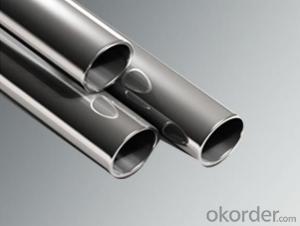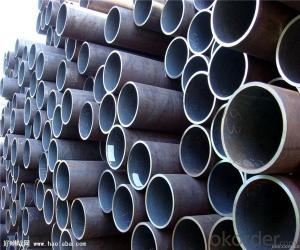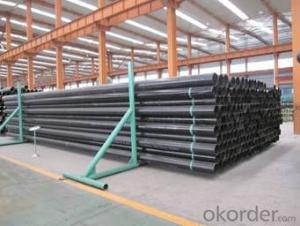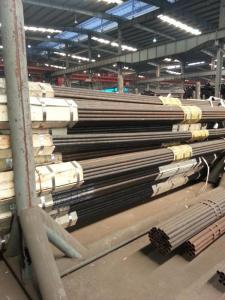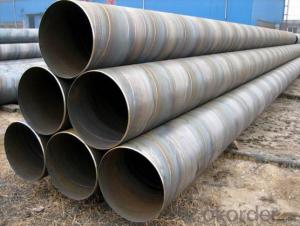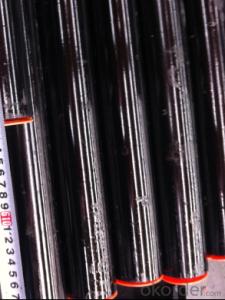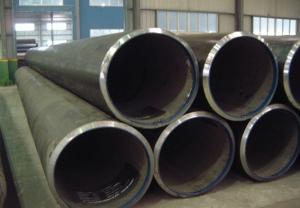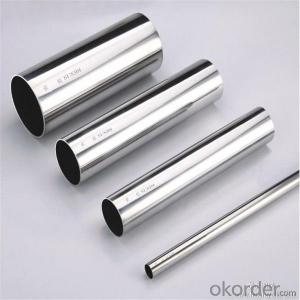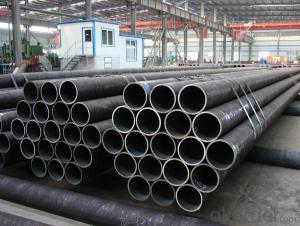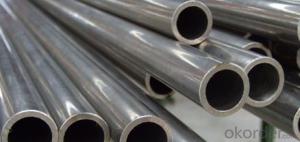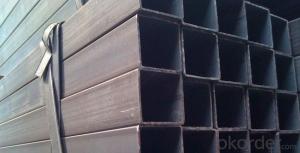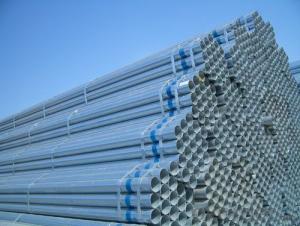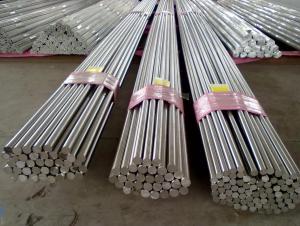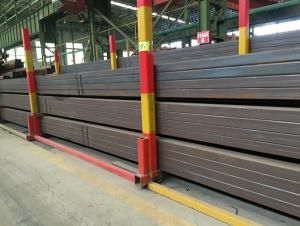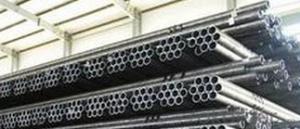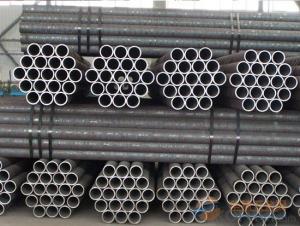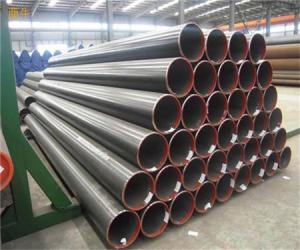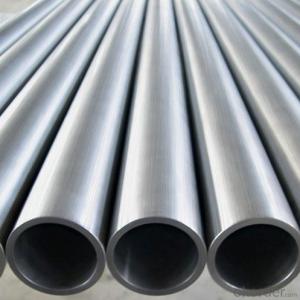All Categories
- - Steel Wire Rod
- - Steel Coils
- - Steel Profiles
- - Steel Pipes
- - Stainless Steel
- - Tinplate
- - Special Steel
- - Steel Sheets
- - Steel Rebars
- - Steel Strips
- - Hot Rolled Steel
- - Cold Rolled Steel
- - Pre-painted Steel
- - Seamless Steel Pipe
- - Welded Steel Pipe
- - Hollow Steel Tubes
- - Galvanized Pipe
- - Stainless Steel Coil
- - Stainless Steel Sheet
- - Stainless Steel Plate
- - Stainless Steel Strips
- - Electrolytic Tinplate Coil
- - Electrolytic Tinplate Sheet
- - Stainless Steel Rebars
- - Solar Panels
- - Solar Water Heater
- - Solar Related Products
- - Solar Inverter
- - Solar Cells
- - Solar Light
- - Solar Energy Systems
- - Solar Controllers
- - Solar Mounting System
- - Solar Pump
- - Solar Chargers
- - Fiberglass Chopped Strand
- - Fiberglass Mesh Cloth
- - Composite Pipes
- - FRP Pultrusion Profiles
- - Fiberglass Mat Tissue
- - Fiberglass Fabrics
- - Fiberglass Mesh
- - Composite Tank
- - Fiberglass Mesh tape
- - Polymer
- - FRP Roofing Panel
- - Fiberglass Roving
- - Monolithic Refractories
- - Ceramic Fiber Products
- - Refractory Bricks
- - Raw Materials For Refractory
- - Suspended Platform
- - Cranes
- - Concrete Machinery
- - Earthmoving Machinery
- - Building Hoist
- - Road Building Machinery
- - Plastic Pipe Fittings
- - Plastic Tubes
- - Plastic Sheets
- - Agricultural Plastic Products
- - Plastic Nets
 All Categories
All Categories
Q & A
What is the role of steel pipes in the development of district heating and cooling systems?
Steel pipes play a crucial role in the development of district heating and cooling systems. They are used as the primary means of transporting hot or cold water from a central energy source to various buildings within a district. These pipes are durable, corrosion-resistant, and have high thermal conductivity, making them ideal for efficiently transferring heat or cold. Additionally, steel pipes can withstand high pressure and extreme temperatures, ensuring the reliability and longevity of the district heating and cooling systems.
What is the history of steel pipe manufacturing?
The history of steel pipe manufacturing dates back to ancient times when rudimentary forms of pipes were made from materials like wood, clay, and stone. However, the modern steel pipe manufacturing industry began to develop in the 19th century with the invention of new techniques and machinery.
The Bessemer process, patented by Henry Bessemer in 1855, revolutionized steel production by enabling the mass production of high-quality steel at lower costs. This advancement played a crucial role in the growth of steel pipe manufacturing.
In the late 1800s, advancements in welding technology, such as the development of the electric arc welding process, further propelled the steel pipe manufacturing industry. It allowed for the efficient joining of steel pipes, leading to the construction of longer and more durable pipelines.
During the 20th century, steel pipe manufacturing expanded significantly due to the increasing demand for infrastructure development, especially in the oil, gas, and water supply sectors. More advanced techniques like seamless pipe production and improvements in coating and corrosion prevention processes further enhanced the durability and versatility of steel pipes.
Today, steel pipe manufacturing has become a highly sophisticated and technologically advanced industry. With the use of computer-controlled machinery and automated processes, steel pipes are manufactured to precise specifications and meet stringent quality standards. The industry continues to evolve, incorporating innovations like alloyed steel pipes, eco-friendly manufacturing processes, and advanced coatings for improved performance and longevity.
What are the design considerations for steel pipe supports and hangers in industrial settings?
Some design considerations for steel pipe supports and hangers in industrial settings include the load-bearing capacity of the structure, the material and thickness of the steel used, the type and size of the pipes being supported, the temperature and pressure conditions, corrosion protection measures, ease of installation and maintenance, and compliance with relevant industry standards and codes.
Wholesale Steel Pipes from supplier in Tonga
With our extensive range of Steel Pipes and technical support, we are confident in meeting all your procurement needs in Tonga. As a subsidiary of CNBM, a Fortune Global 500 company, we have the resources and expertise to provide you with the best solutions.
Our experience in the Tonga market has allowed us to understand the local requirements and preferences, enabling us to offer tailored solutions for your projects. Whether you need standard Steel Pipes or customized products, we have a wide selection to choose from.
At our company, quality and customer satisfaction are our top priorities. We are dedicated to delivering top-notch products and services that exceed your expectations. Our team of experts is always available to assist you throughout the procurement process, ensuring a smooth and efficient experience.
Choose us as your trusted Steel Pipes supplier in Tonga, and let us contribute our expertise and resources to the success of your projects. Contact us today to discuss your requirements and find out how we can assist you.
Our experience in the Tonga market has allowed us to understand the local requirements and preferences, enabling us to offer tailored solutions for your projects. Whether you need standard Steel Pipes or customized products, we have a wide selection to choose from.
At our company, quality and customer satisfaction are our top priorities. We are dedicated to delivering top-notch products and services that exceed your expectations. Our team of experts is always available to assist you throughout the procurement process, ensuring a smooth and efficient experience.
Choose us as your trusted Steel Pipes supplier in Tonga, and let us contribute our expertise and resources to the success of your projects. Contact us today to discuss your requirements and find out how we can assist you.

